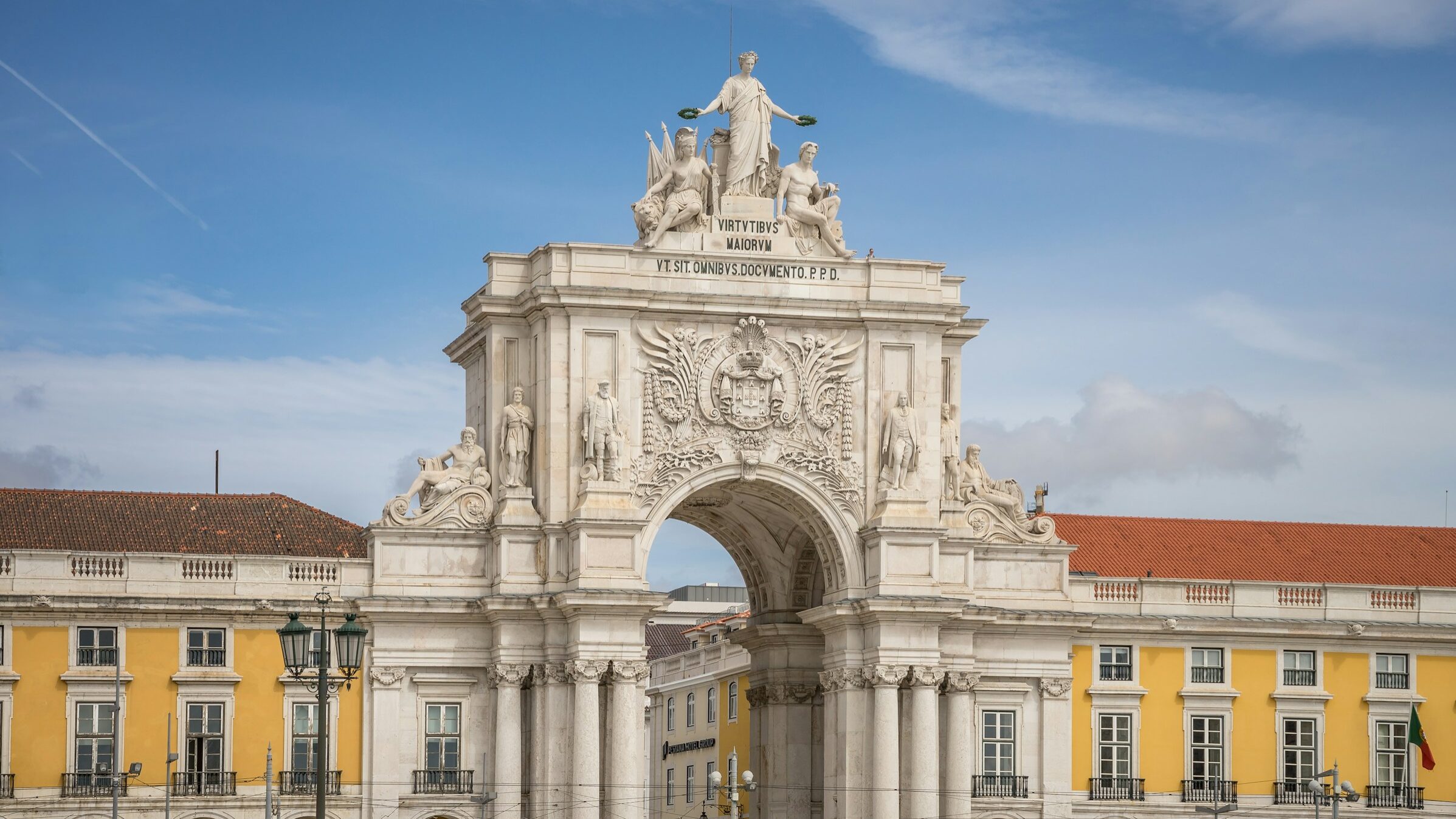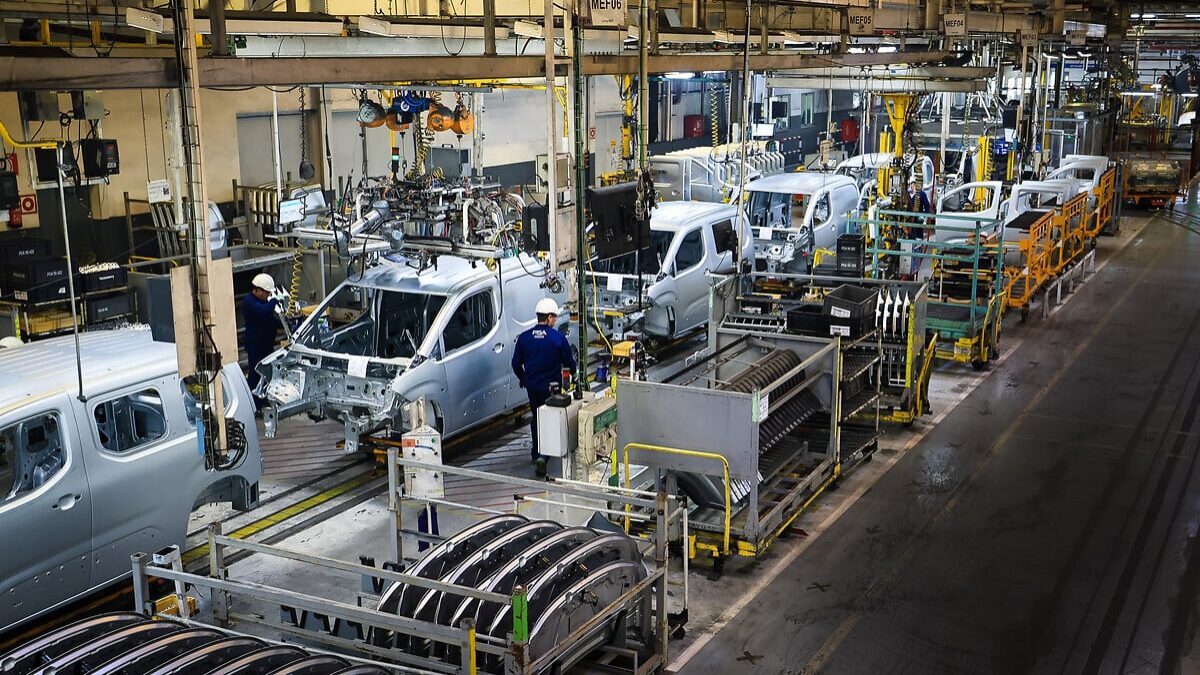Government has less than a month to support (or not) Centeno at the ECB
Possible names to replace vice-president Luis de Guindos are expected to be on the table at the ECOFIN meeting on 13 November, but Portugal remains silent on the issue.
The clock is ticking and time is running out in the process of choosing a successor to Luis de Guindos, the Spanish national who will end his term as vice-president of the European Central Bank (ECB) in May next year. Although he will only leave on that date, the deadline for a decision on the future is much shorter, and next month will be decisive.
The door to the presidency of the European Banking Authority (EBA) is open to Mário Centeno, as ECO revealed first-hand, but his name has also been on the table for the Eurozone banking supervisor and has been gaining momentum internationally, according to the Expresso newspaper. According to ECO’s findings, the former governor of the Bank of Portugal is highly regarded by finance ministers from several European countries, both in the south and north of the continent, and has a strong CV to compete for the position.
However, this is a highly political process, and requires the diplomatic involvement of the countries wishing to put forward a candidate. This is where the clock is ticking for the Portuguese Government, which will have to decide very soon whether to put forward Centeno’s name. And if it does, it will also have limited time for the usual political lobbying to secure other countries’ support for the national proposal.
The key date in the process is 13 November, less than a month away. On that day, the European Council will hold an ECOFIN meeting, which brings together the finance and economy ministers of all 27 Member States. It is expected that this meeting will already serve to discuss the names on the table, in a process that will subsequently be relatively long.
The process originates in the European Council, following a request from the ECB. The Eurozone Member States then propose names, which are then discussed by the finance ministers within the ECOFIN. Once a name has been chosen, it is proposed to the European Council, currently chaired by former Portuguese Prime Minister António Costa.
The candidate is then formally heard by the European Parliament, in the Committee on Economic and Monetary Affairs. Finally, an opinion is issued by both the European Parliament and the Governing Council of the ECB, consisting of the six members of the Executive Board and the governors of the central banks of the 19 euro area countries. Only then, if all goes well, does the process end with the appointment by the European Council, through a reinforced majority vote.
Timeline depends on the European Parliament, says ECB
When asked whether the ECB had already formally initiated the process, an official source at the central bank declined to confirm. “We do not pre-announce or confirm when we will send the letter”. Similarly, he added in statements to ECO, “the exact details of the timetable also depend on when Parliament will schedule the vote and when the Council meeting is scheduled”.
It is expected that names will already be on the table at the ECOFIN meeting on 13 November, and the issue may be left open for decision at the next meeting, scheduled for 12 December.
Bearing in mind that Member States themselves play a decisive formal role in proposing any candidate, as well as in their diplomatic promotion, ECO questioned the Ministry of Finance and the Prime Minister’s office about whether Portugal intends to put forward the name of Mário Centeno, but had not received a response by the time this article was published.
As ECO recently reported, Centeno is seen as a very strong candidate for the vacant position of president of the EBA, the European banking supervisor. However, as the Expresso newspaper detailed, Centeno’s focus will be on the ECB, in the position of vice-president. The competition for the EBA is already open and the two timetables do not coincide exactly, but Mário Centeno is likely to focus on the institution led by Christine Lagarde.
While the position of vice-president of the ECB is already prestigious and important in itself, this time there is a special incentive. Christine Lagarde’s eight-year, non-renewable term as president of the institution ends in October 2027, two years from now. This could leave the vice-president, whoever that may be, in a privileged position to ascend to the presidency at that time.
Across Europe, there is already movement and speculation about the possible successor to Luis de Guindos, who in turn replaced Portugal’s Vítor Constâncio in 2018, with a recent Bloomberg report pointing to possible candidates, among others, Olli Rehn, Governor of the Bank of Finland, but also two deputy governors of central banks: Christina Papaconstantinou of Greece and Clara Raposo of Portugal, who was Centeno’s deputy at the Bank of Portugal and remains in the position of Deputy Governor.




